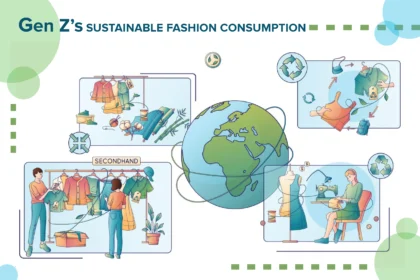Wholesalers buy directly from the manufacturer of goods and sell them to retailers at a margin. Choosing the right supplier is something that business owners shouldn’t rush into. Your wholesale supplier affects every aspect of your online business—from the price of your goods to its timely delivery to your customers.
Online directories like Alibaba and DHgate are perhaps the most known, but there are also other suppliers that offer diverse products. It’s hard to select which one is the right supplier for your business, so these are things that you should consider.
Criteria for selecting a wholesale supplier
Product Offerings
Perhaps the most important thing to consider is whether the wholesale supplier offers the products and brands you are planning to sell. A wholesaler with a clear product catalog complete with product descriptions is the best to work with because it makes the buying process easy. You may also want to inquire whether the wholesaler plans to offer certain products that you might want to sell in the foreseeable future.
Reliable Shipping
Managing logistics is a big factor in the success of your online business. If you have a wholesale supplier that frequently makes delayed shipments, it would affect how you deliver service to your own customers down the line. This could mean potential losses. Your wholesaler should have an efficient tracking system, automated shipping alerts, and expertise in handling specific products. Delivering food and other perishables, for example, has different needs than garments.
Price
Price per item is substantially lower when you buy in bulk, but volume alone will not dictate the purchase price. Wholesalers also consider shipping distances, their relationship with manufacturers, and even tariff and exchange rates, especially if they are located overseas.
Try to check out different wholesalers on websites such as Alibaba and other platforms because there might be considerable price differences. You can also contact the wholesalers directly to get price quotations which might be different from the one published online.
Customer Service
A diverse set of products at an affordable price means nothing if your wholesale supplier is not easy to reach, especially with matters that need to be resolved immediately. Wholesalers with help desks or live chats are always the ideal because you’re automatically directed to someone who can assist you with your needs. It’s the availability of goods, status of the shipment, or just general inquiries.
What to ask a potential wholesale supplier
What are the minimum order quantities (MOQS)?
Most wholesale suppliers typically have MOQS, or the minimum number of items that you can buy in one go. Suppliers still need to make a profit, and the minimum ensures they get a sale margin. This can be an issue when what you need is lower than the MOQS because your business can only dispose of a certain quantity in any given period. Oftentimes, wholesalers also give discounts when you buy a particular volume of goods.
What’s the cost per unit?
Economies of scale would tell you that the more units you order, the lower the cost per unit (CPU). Wholesale suppliers often slash a percentage from the base price, depending on the volume of units you avail of. However, just because you’ll get a lower CPU doesn’t mean you should indulge in buying more than you need. You’ll end up with a surplus of goods, especially when they don’t sell as fast as your other offerings. Aggressive online marketing can help dispose of your inventory, such as promoting your products on Google Ads.
What’s the return policy?
Handling logistics can be tricky. There will be instances where you’ll receive the wrong order or if what was delivered was correct, the product is defective or damaged en route. You have no choice but to return the goods and ask for a replacement.
Ask who foots the bill in returning the bulk order, you or the wholesaler. Knowing the return policy of your wholesale supplier early on will help minimize unexpected expenses.
What is the lead time?
Customers appreciate it when they receive the thing they bought online in a matter of days. Knowing the lead time of your wholesale supplier will let you manage when to replenish your inventory, especially when you’re running low on stock. Keeping your inventory updated ensures you can fulfill your customers’ orders efficiently. Your clients might grow wary if they have to wait for a long time for you to restock certain items.
There are also non-conventional ways to search for a reliable wholesale supplier apart from browsing online directories. Industry trade shows are a great opportunity to meet wholesalers in person, where you can directly communicate with them your needs as a business owner. Joining trade organizations is also another way to solicit supplier recommendations from other members.
A pro-tip when dealing with wholesale suppliers is don’t be afraid to negotiate, especially with regards to pricing. More often than not, the prices of goods bought in bulk are flexible and not set on stone. If the price simply won’t work for your margins, then it’s time to haggle.











